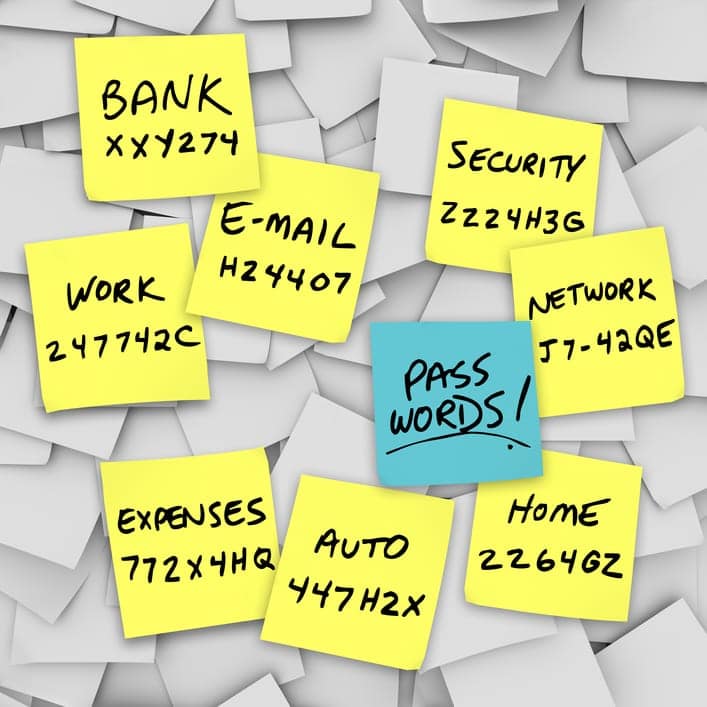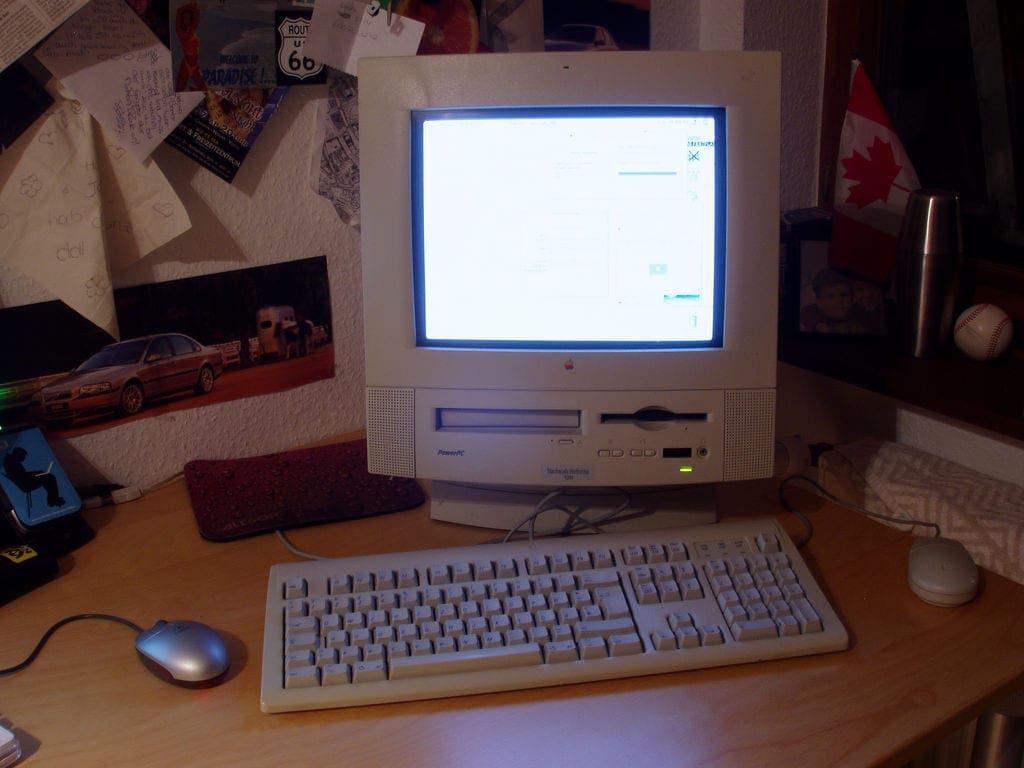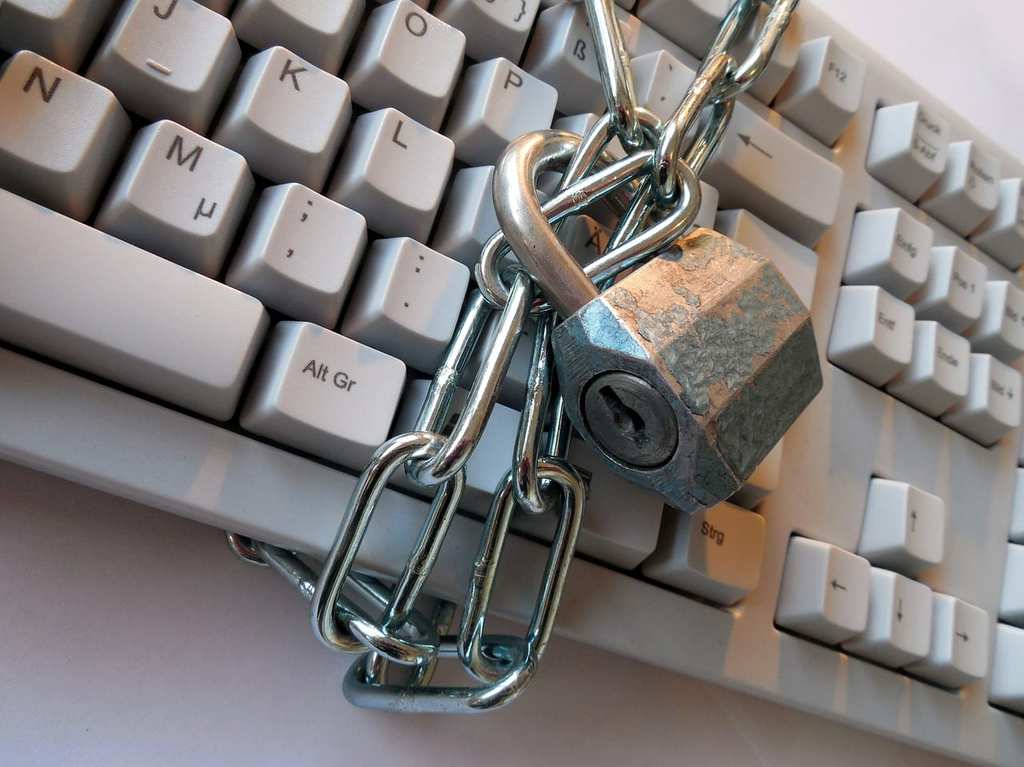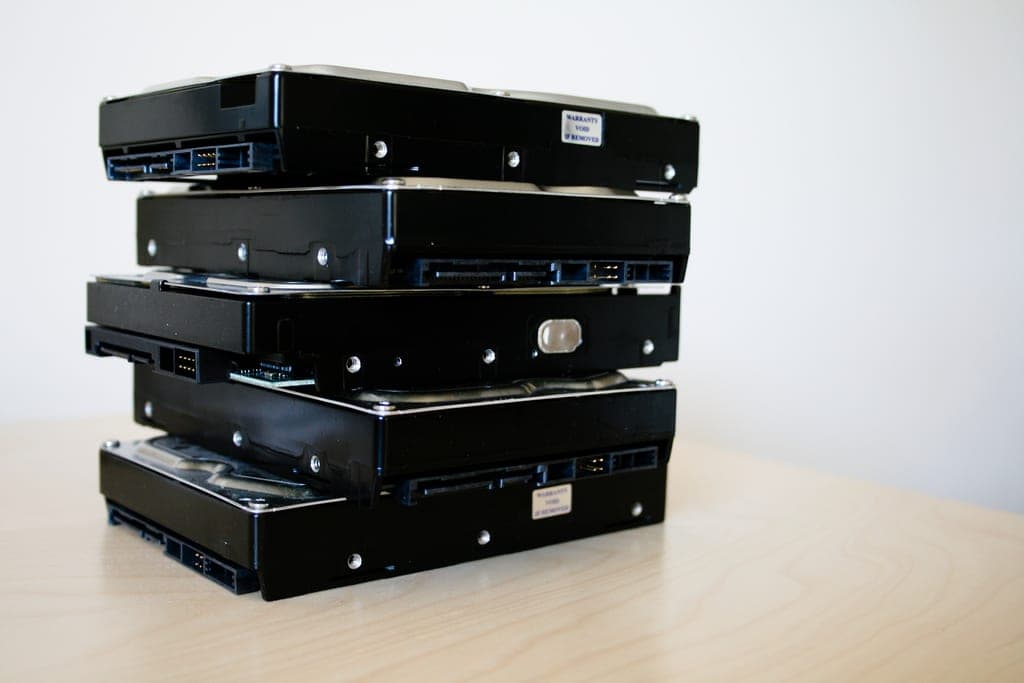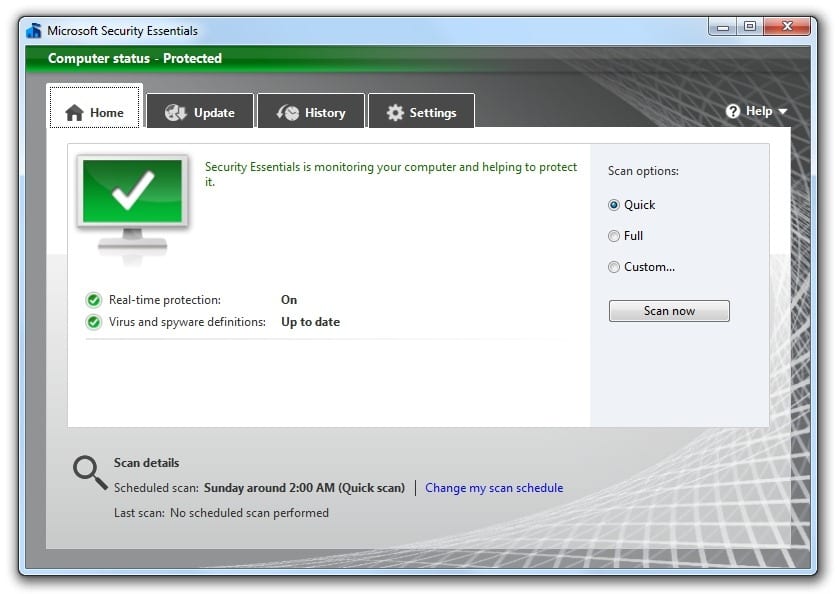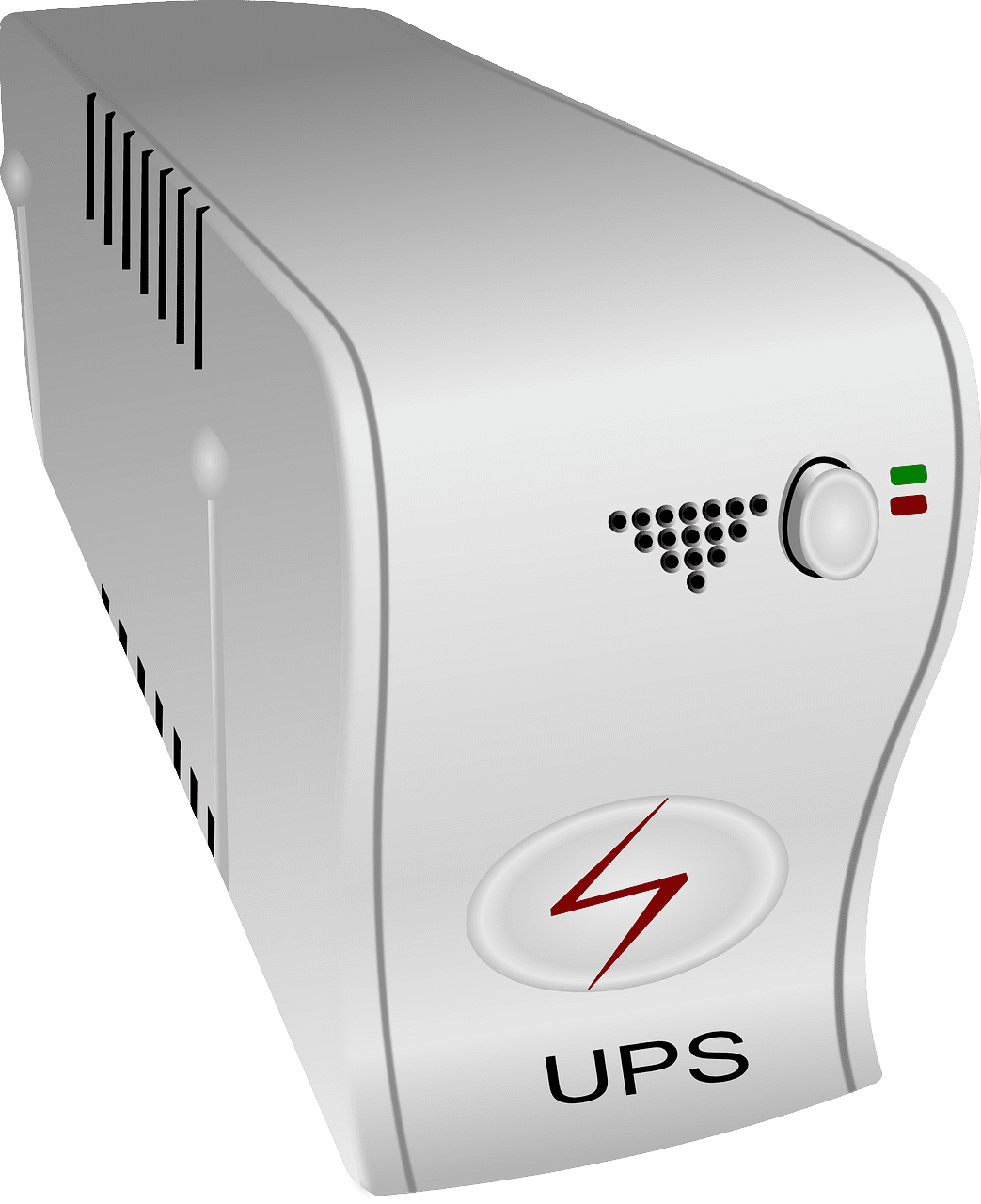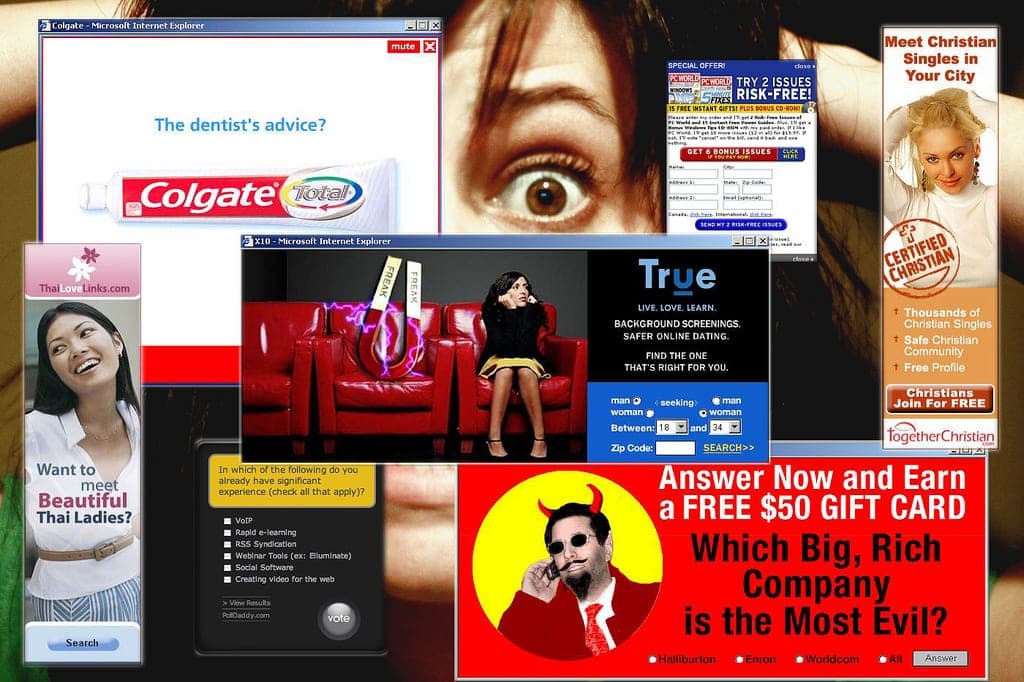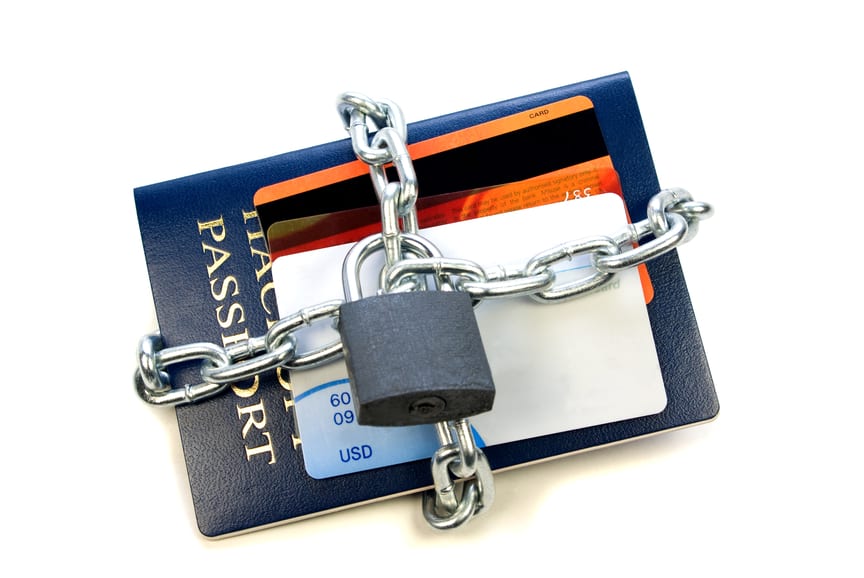In 2015, approximately 6 million people around the world will use a computer. There are a number of reasons for a person to use a computer; most are on the Internet. There isn’t a question that a computer possesses superpowers that most of us would be lost without.
With so many people using a computer in today’s society, protecting yourself, and your computer, is more important than ever. There are many people out there to steal your personal information, corrupt your computer with a virus and otherwise cause disarray in your life. It happens every single day to unsuspecting individuals. A virus could compromise your computer and all of the information in it, including personal information such as your bank account and credit card details.
You could be a victim of such corruption if you are not taking special care to protect your computer. There are a number of ways that you can go about protecting yourself and your computer, and it is very beneficial that you take the time to put those methods to good use in the coming year.
Take a look at the 10 best ways to keep your computer safe, and put each of these tips to good use. You will be glad that you used this information to your advantage!
Use Special Passwords
There are a number of different ways that a password can either benefit you or harm you. Do not allow yourself to fall into the latter category.
So many people make the same mistake: they use the same password for everything they do online, whether it is their financial institution log-in or their email password. This is not the right way to keep yourself protected. Instead of using the same password for all of your online activities, use a separate password for each.
Also do not make the mistake of keeping a list of your passwords in your computer. Should your computer be compromised, the list is right there for easy viewing. Instead, use a notebook and paper to write down passwords if you do not think that you can remember them all. If you prefer to stay technology-savvy, password management programs are also available for nominal fees.
In addition to the advice above, make sure that you use a strong password for each and every online activity that requires a password. Never use your name in your password. Your password should include at least eight characters, including numbers and letters. It doesn’t hurt to throw in a few special characters in your password either.
Updates are not Optional
Your computer constantly needs updates of software and for the operating system. Do not ignore these updates, as they can ensure that you are browsing the web safely and securely and that your computer is not susceptible to malware and viruses. In most cases, Windows Update is set to automatically provide updates as they are available. Look in your computer system to ensure that you have automatic settings enabled if it is not already.
Lock your Computer
Locking your computer is another very important tip that can keep your computer safe. Whether you’re getting up for a bathroom break or headed out for the day, your computer is susceptible to anyone that might come by if it is unlocked. Do you really want to give that much access to other people? In a second’s time, someone else could have your email and social media passwords, send your secret files to their computer and more. This tip is especially important for individuals who have roommates, live in dorms, etc.
Backup your Hard Drive
If you backup your hard drive, you have a copy of everything that was on your computer, so if something should happen to your computer, you won’t be so disoriented to lose everything. Whether it is files for work, photos of your baby or other important information, having a backup is essential. There are a couple of different ways to back up your hard drive, including through an external hard drive and through an online cloud service.
Update your Anti-Virus
It seems like there is a new virus waiting to attack your computer every single day. Viruses can do substantial damage to your computer, but there is a way to keep your computer protected, and that is with the use of an updated anti-virus. There are free versions of anti-virus software, which does a great job of protecting your computer, but your best bet is to use one of the paid versions so you get the full package. Anti-virus software stops these viruses in their tracks so there is one less thing for you to worry about. However, it is important that you do not assume that the anti-virus you installed a year ago is still working properly. Just as it is essential that you install computer updates, it is also essential that you install those important updates to your anti-virus. There are new versions of the software available on a continuous basis, and you need to have the latest to ensure that you are protected from all of the dangers that lurk out there.
Know the Sites you are Visiting
If you have an anti-virus installed on your computer, this can certainly help prevent you from visiting a corrupt website. But, even with an anti-virus on your computer it is still possible to visit a website that might have potential malware. Adult websites are notorious for sending viruses to your computer, but they are certainly not the only type of site that you have to watch out for in order to keep yourself safe. Make sure that you are familiar with the sites that you are visiting so not to catch a virus, malware, or spyware from your visit. You can easily do your research before you visit any site, so take that extra minute or two to know what kind of site it is that you are visioning. It is always better to be safe than to be sorry later down the line. Watch out for In addition, you should never visit a site that ends in ‘.in,’ as it is not a legitimate ‘fake’ sites as well. A fake site is one that makes you think that you are visiting a major site, such as amazon.com or paypal.com, when in fact you are visiting a hoax site. Sites that end in ‘.org’ are usually organizations, and ‘.edu’ is an educational site.
UPS Systems
A UPS system, or an Uninterruptable Power Supply, is yet another way that you can keep your computer protected. This is a great accessory to have on your computer because it will not provide any damage to your computer should you lose power. The UPS system also provides power to your computer in an emergency when there is no other power source available. When you have a UPS system in place, all of your files and data is saved until you are able to regain power to your computer once again. There are several types of UPS systems that you can access. Take a look at them all to determine which is best suited for your needs.
Watch out for Attachments
Have you received an email telling you about a great new job, a contest that you have won or about a fantastic offer that you cannot pass up? Is this email also telling you to open the attached document to view details on how to apply or claim your reward? Ignore these types of emails at all costs. This type of scam is becoming more popular by the day, and unsuspecting men and women just like yourself are opening these files and affecting their computers. If you open the attachment that accommodates the email, there is a good chance that you will infect your computer with some sort of virus. Chances are you never entered a contest and aren’t looking for a job. These scammers have obtained your email address through illegal practices, and have just one thing on their mind: causing you trouble. If you are unsure of the emails origins, send it to spam and carry on with your life. Also keep in mind the tips that we have listed above that can help you fish out these phony emails.
Don’t Fall for the Popups
There are a number of different popups that can trick you into downloading a virus, giving out your credit card or bank information or otherwise harm your computer. A popup occurs when you least expect it, and more often than not, there are obvious signs that it is not from a legitimate company, such as bad English, improperly spelled words or others. The best rule of thumb is to avoid these popups all together. A legitimate company will never send you a popup on your computer. Should you receive one of these popups, simply ignore it and click off of the page. Never click on the link that it is requesting you to click on because this can affect your computer. Nine times out of 10, the popup is nothing more than a scam waiting to cause you trouble.
When you are Online, Be Cautious
Your personal information is just that – personal. Do not be so willing to tell everyone on the other side of your computer your full name and address, your telephone number and the days and hours that you work. Most of the individuals out there to harm you want to gain access to your personal information, and by providing all of this information freely, you are only inviting them to take what they want. Remember that you truly do not know who is on the other side of the screen, and no matter what they tell you, it could be a far cry from the truth. Keep yourself protected and never give out information until you are sure of who is on the computer connecting with you.
Everyone uses a computer these days, so there is a good chance that you are one of those people. But you do not have to be a victim. The 10 tips listed above are designed to help ensure that you are not, and there are many more tips where these come from. Make sure that you are a savvy computer user and never get taken for a ride that you will not enjoy. Use these tips – all 10 of them- to your advantage, and you are one step ahead of the game and can rest confidently that you will not put your safety or the safety of your computer, at risk. It is just not worth the hassle that it brings your way, so stay safe when you use your computer.

